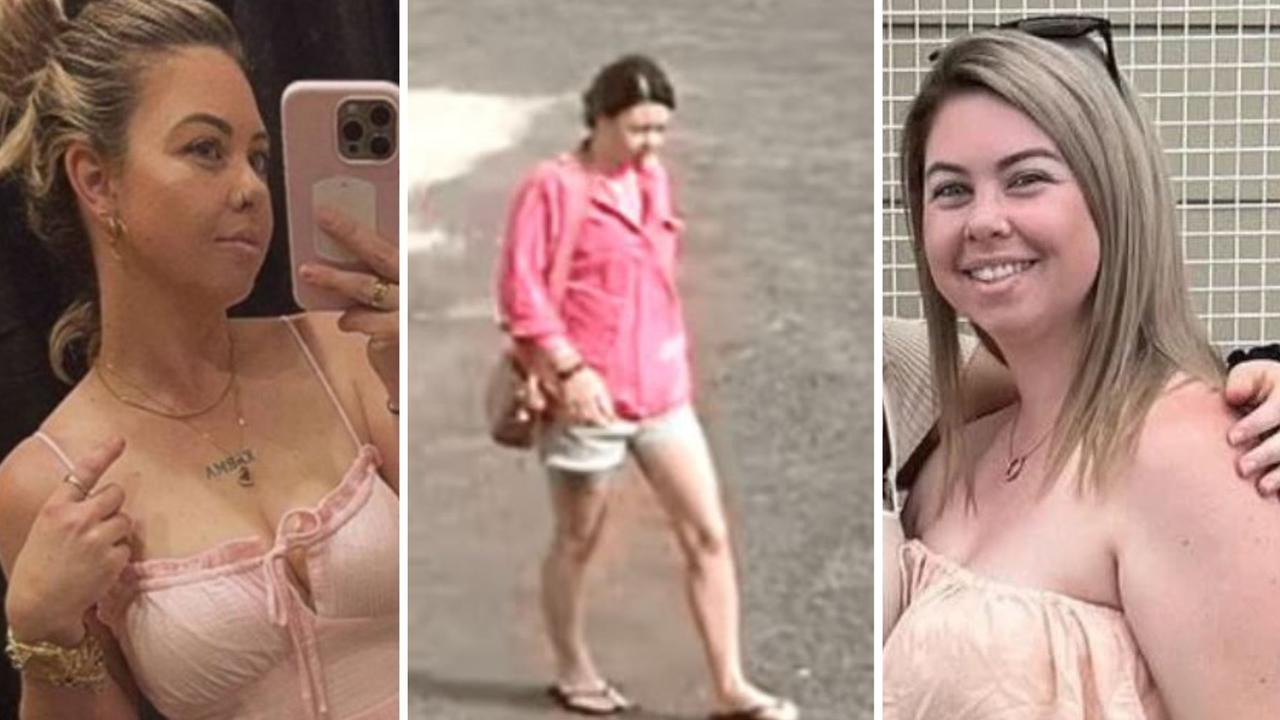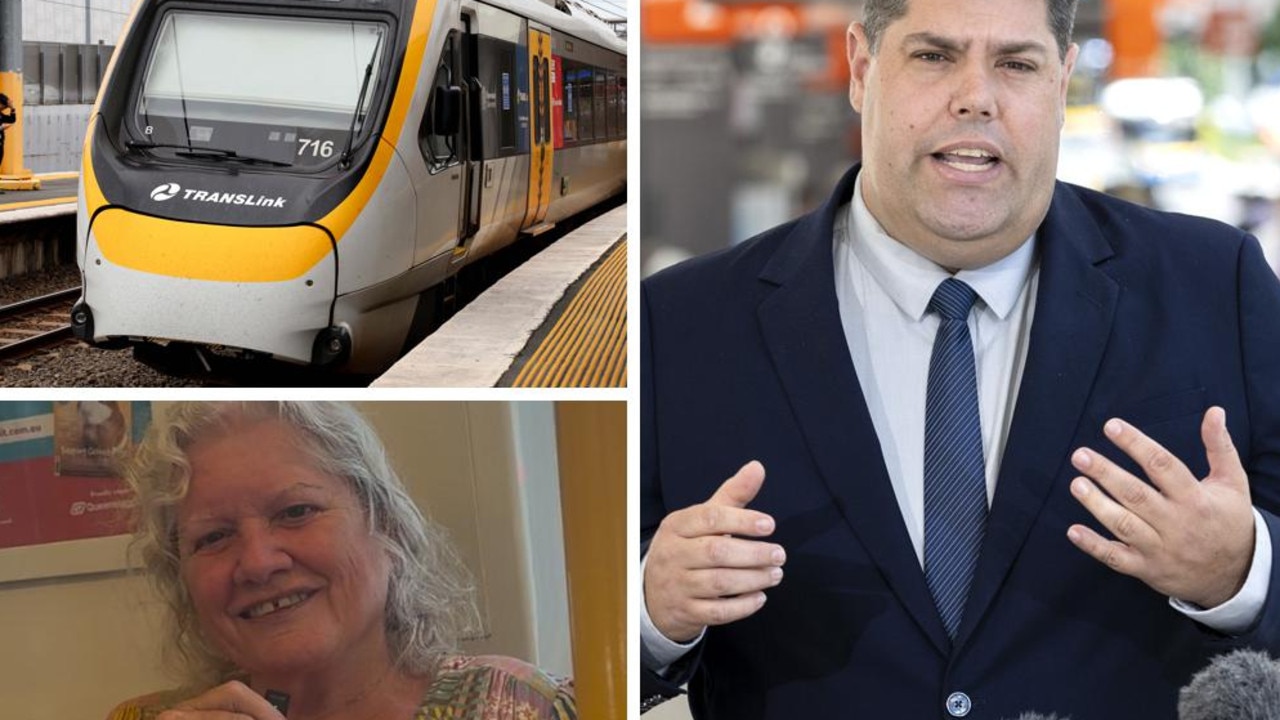How a leafy Brisbane suburb cut petrol prices for the nation
Former prime minister John Howard has told of the encounter he had with a woman in western Brisbane and how her anger over a controversial matter contributed to a dramatic change that would impact the entire nation.
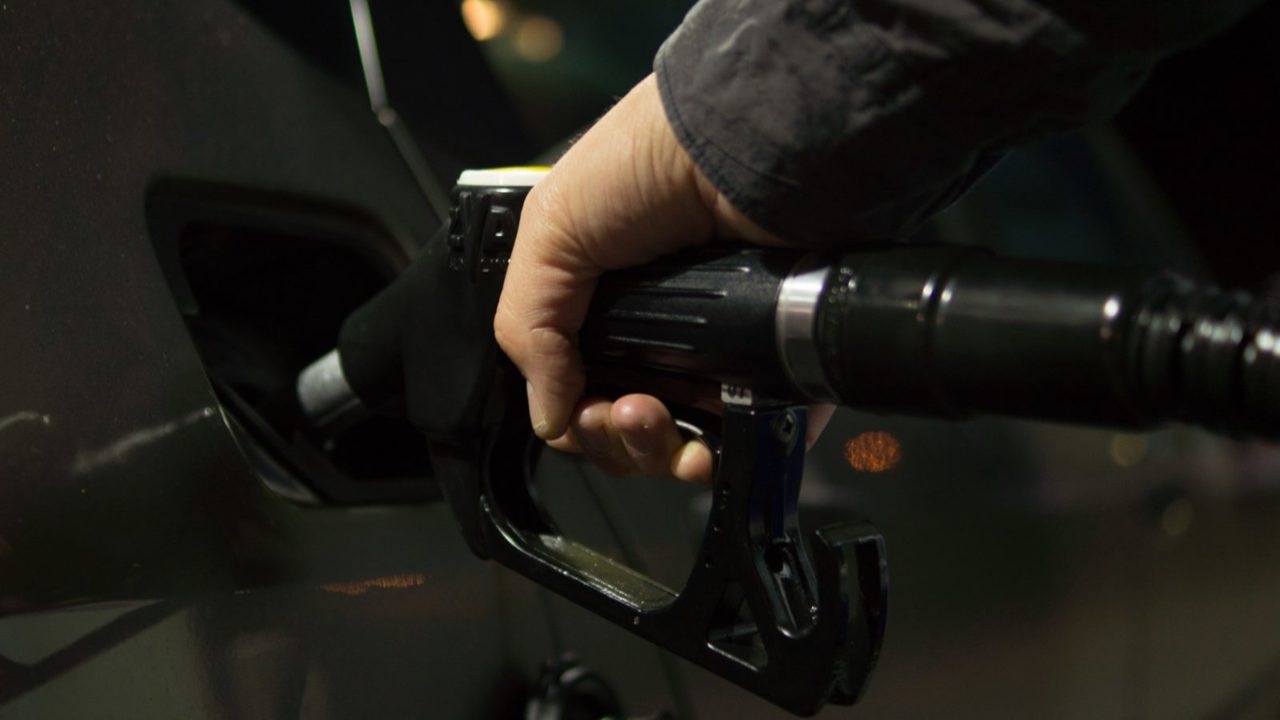
QLD News
Don't miss out on the headlines from QLD News. Followed categories will be added to My News.
Leafy suburbs in western Brisbane became responsible for cheaper petrol prices and a freeze on the excise in 2001 as the Howard government battled backlash from the introduction of GST and skyrocketing international fuel prices.
There had been promises that petrol prices would not rise due to the GST, and the excise had been reduced somewhat to compensate for the tax’s introduction.
But world oil prices and complexities with the newly implemented GST, fuelled increased costs at the bowser and a discontented public, particularly in the bush.
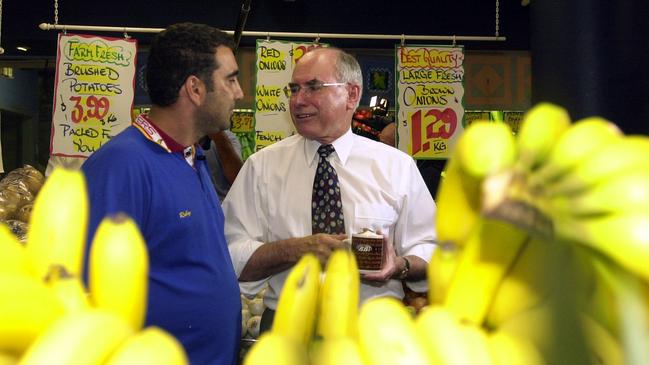
Former prime minister John Howard, speaking at the release of the 2001 cabinet papers by the National Archives of Australia, said the “most sensitive part of the political anatomy was the hip-pocket nerve” and it had strongly asserted itself.
Compounding the issue, the member for Ryan, John Moore, resigned from parliament after losing the Defence ministry in a cabinet reshuffle, forcing a by-election on March 17, 2001.
In a sign of the punishing polls at the time, Mr Howard hit the pavements to personally doorknock homes during the campaign.
“I remember coming across a very friendly, supportive lady who said ‘you’re doing a great job as prime minister’, thanks very much, ‘and we’ll be voting for you at the end of the year when the election comes up. But we’re not voting for you at this stupid by-election’,” Mr Howard said.
“It just reminded me that people don’t like by-elections when I don’t think there’s any need for them.
“But it was quite a signal. And it did condition a lot of us. It had quite an impact on our decision about the fuel excise.”
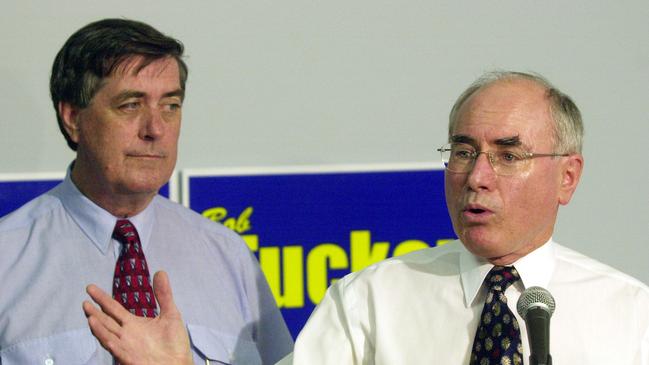
The Liberal Party lost Ryan with a swing of greater than 9 per cent and the fuel excise would be frozen at 38 cents a litre.
Ironically, it was reintroduced by the Abbott government in 2014, saying it had a mandate for budget repair.
It is now up to 43.3 cents, which means motorists are paying about $654 in petrol excise each per year based on ABS statistics on Australians driving about 14,000 kilometres a year.
Budget papers show Australian motorists will pay $49.3bn in net fuel excise over the next four years.
Originally published as How a leafy Brisbane suburb cut petrol prices for the nation


